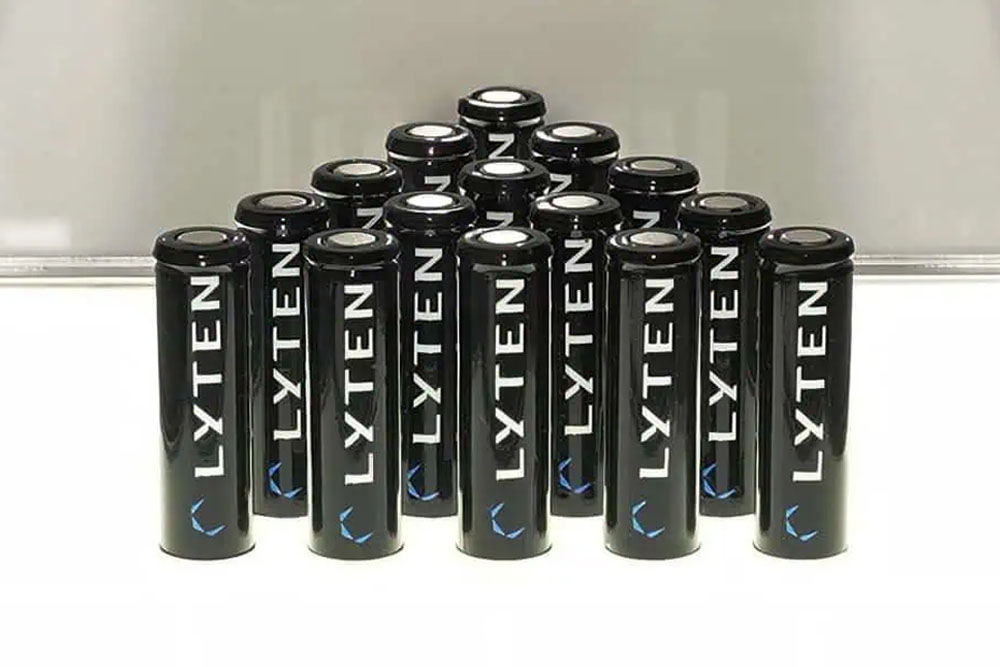Lyten to build Gigafactory in Nevada
Lyten plans to invest “more than one billion dollars” in the planned factory near Reno. The first phase is said to be completed in 2027; the company does not mention when the entire facility will be operational to achieve the above-mentioned annual output of 10 GWh.
The 1.25 million square foot facility will be located on a 125-acre campus in the Reno AirLogistics Park. According to Lyten, the Gigafactory will initially create 200 jobs (phase 1) and 1,000 jobs once fully operational. The groundbreaking ceremony is scheduled for next year.
Dan Cook, Lyten Co-Founder and CEO, called the company’s Gigafacotry plans a “milestone in Lyten’s nine-year history” and added: “Lithium-sulfur is a leap in battery technology, delivering a high energy density, light weight battery built with abundantly available local materials and 100% US manufacturing.”
At the factory, Lyten “will manufacture cathode active materials (CAM) and lithium metal anodes and complete assembly of lithium-sulfur battery cells in both cylindrical and pouch formats.” According to the US manufacturer, its lithium-sulfur cells have a higher energy density than other cells, “which will enable up to 40% lighter weight than lithium-ion and 60% lighter weight than lithium iron phosphate (LFP) batteries.” Moreover, it uses “abundantly available local materials,” meaning it is free from nickel, cobalt, manganese, and graphite.
The battery developer already operates an automated pilot line in San Jose, California, which opened in May 2023. It is also where Lyten produced its A-samples of its 6.5 Ah pouch cells, which it shipped to Stellantis and other car manufacturers in May of this year. The San Jose production line will also supply B-samples for auto OEMs and commercial cells for smaller volumes to non-EV customers.
Lyten was founded in 2015 and has raised more than $410 million in equity funding to date, including investments from Stellantis, FedEx, Honeywell, Walbridge and Prime Movers Lab. In February, Chrysler announced the use of Lyten’s Li-S batteries in its Halcyon concept vehicle.





0 Comments